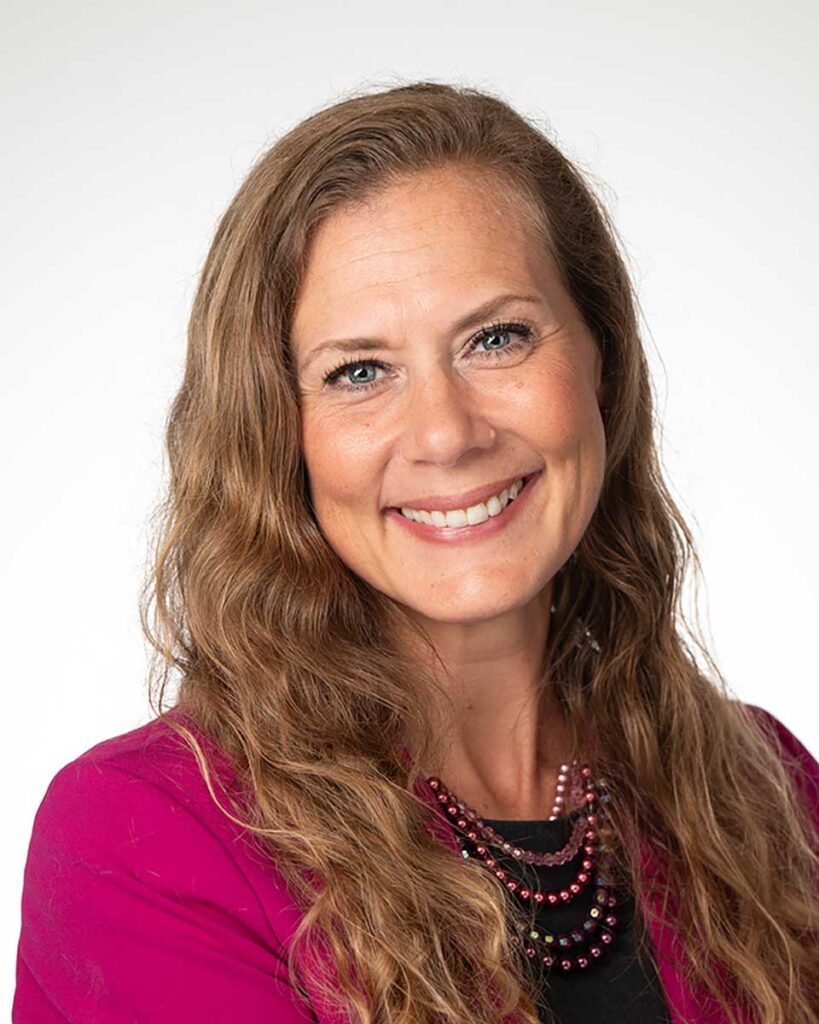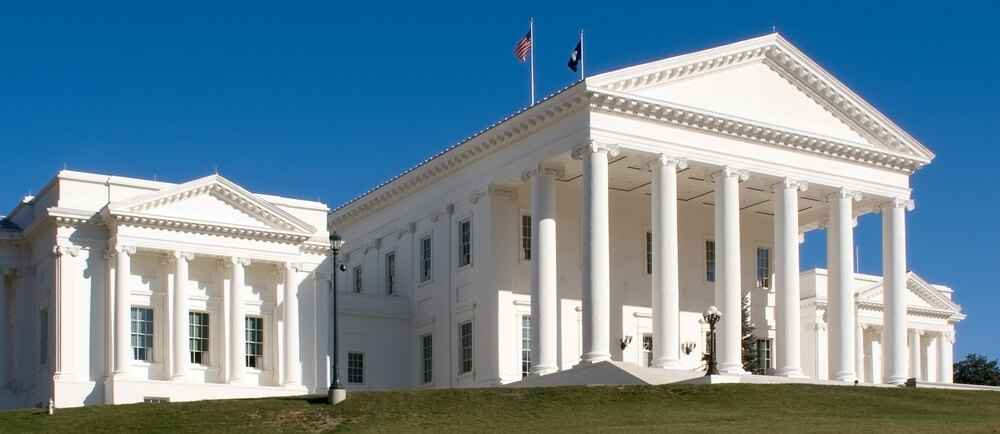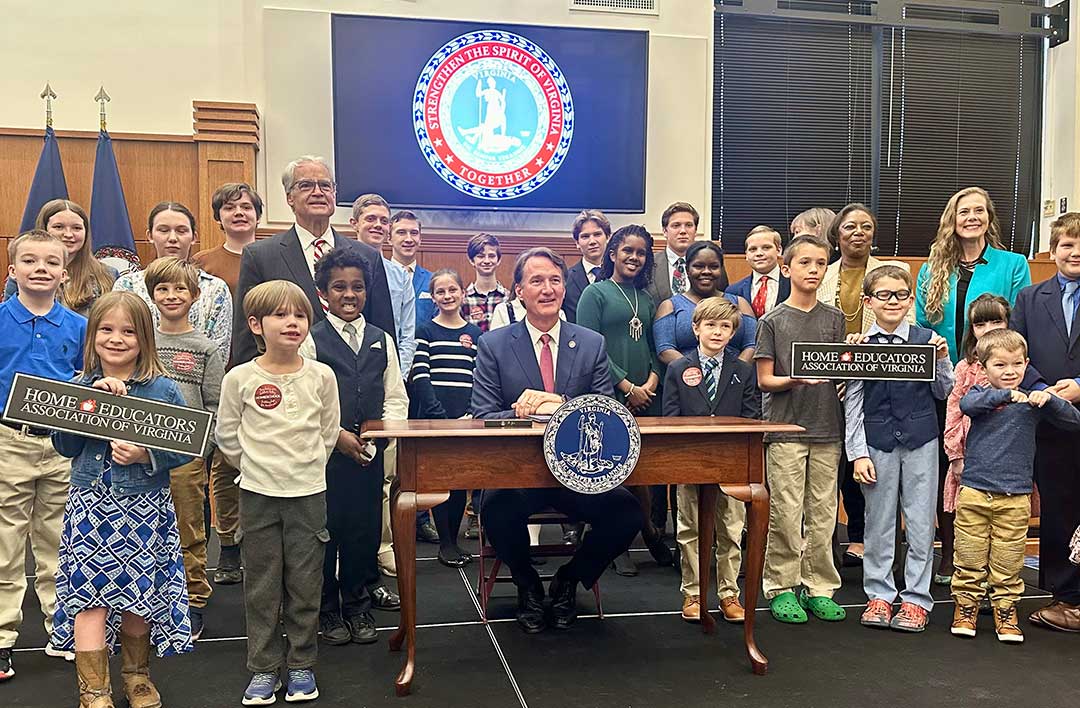***Update***
SB1031 is DEAD (for now.) On January 30, the Senate Finance and Appropriations Committee moved and voted 13-2 to “PBI” (Pass by Indefinitely) SB1031, effectively killing the bill for this session.
Thank you for your prayers, phone calls, emails, posts, and shares, to oppose this bill!
Outrageous Religious Exemption Bill
SB1031 Shocking Bill Substitution Reported from Subcommittee
Late in the day, after a contentious public hearing and remarks by Senator Pekarsky, SB1031 passed the subcommittee on a party-line vote (3-2).
Senator Pekarsky introduced SB1031 by referring to the many calls she and other legislators had received based on “fake news” that the bill removed religious exemption. She stated this was not about religious freedom.
Senator Pekarsky referred to a substitute version of SB1031 but did not appear to have it available for the committee. After HEAV attempted to obtain a copy of the substitute from Senator Pekarsky’s office, we were told the senator would read the substitute in the subcommittee. She did not. It seemed Legislative Information Services (LIS) had not printed the changes, so no one had the newly proposed legislation offered as a substitute.
HEAV has since reviewed the substitute, and to our shock, this new substitute makes drastic changes to a parent’s religious freedoms by totally removing them!
- SB1031 strikes (removes from the Virginia Code) ALL references to religious exemption or §22.1-254(B)(1).
- It eliminates religious exemption students from parent-taught driver instruction.
- It removes ALL privacy protections for ALL those who comply with the Notice of Intent (NOI) as well as the religious exemption statute.
See the SB1031 substitution bill here.
What happened?
When Senator Pekarsky introduced her bill, she read lengthy anecdotal stories from former students who had poor experiences under the religious exemption. The committee chairman then called for testimony to support the bill. Interestingly, while some former religiously exempt students complained about their poor academic experiences, many of these same students indicated they were accepted by universities and community colleges and furthered their education.
When it was time to oppose the bill, the chairman reminded the audience that time was short and testimony would be limited. Many religiously exempt parents and students who supported religious freedoms lined up to testify but were denied the opportunity to refute the former testimony.
You can watch the subcommittee hearing here. (Begins at 2:32.50)
Addressing Misconceptions with Facts
Misconception #1 Virginia is the ONLY state with a religious exemption. Other states do not and fare well without it.
Response: The Commonwealth of Virginia has been the standard bearer for religious freedom across the nation. The Virginia Constitution, which predates the U.S. Constitution, recognizes religious liberty as the basis of all freedom. Religious liberty represents the most fundamental expressions of individual conscience and personal autonomy, and its protection ensures the freedom to think, believe, and act according to one’s deeply held convictions without interference.
In addition, it should be noted that states that impose minimal homeschool regulations don’t need religious exemption because homeschoolers are not burdened with compelled state communication and regulations.
Misconception #2: Parents can still homeschool and choose whatever curriculum they like.
Response: The religious exemption statute has worked well for almost fifty years without inserting government control into a family’s educational decisions. Parents have the constitutional right to make decisions concerning the upbringing and education of their children.
Misconception #3: Children will suffer from educational neglect without government oversight that includes testing.
Response: Studies over 35 years show homeschooled students consistently outperform public school students on standardized tests. In 2019, NHERI conducted a study commissioned by HEAV, comparing religiously exempt students’ outcomes with those of public school students. The results indicated the religiously exempt students’ scores ranged from the 76th to 86th percentile or 26 to 36 points above the national average of all public school students.
Misconception #4: SB1031 simply aligns requirements for religiously exempt (RE) students with those of home-instructed students.
Response: The religious exemption is a vested right under current law, protecting families with bona fide convictions or beliefs. SB 1031 simply eliminates that right, forcing religiously exempt families to adhere to the compulsory attendance statute.
Misconception #5: The government should have oversight over all children in the Commonwealth.
Response: Many children are not under government oversight: those in private, denominational, or parochial schools; those taught by a tutor or teacher of qualifications; those who cannot benefit from an education; and those for health and safety reasons are excused. This legislation selectively discriminates against parents with religious beliefs by removing the exemption.
Misconception #6: This will make things easier for all parents.
Response: During the last fiscal year, HEAV dealt with 382 conflicts and misapplications of the law with local superintendents, designees, and staff. No training is required for district employees concerning homeschool laws or religious exemptions, which results in misapplication and frustration. As more parents choose to homeschool, we anticipate increased time, labor, and monetary costs for local districts.
Thank you to all the families who traveled to Richmond—many more than once—and those who were allowed to testify against the bill.
We need your help. We must maintain the momentum against SB1031! We face an uphill battle, but the long-cherished religious freedom for all Virginia homeschool families is at stake.

Regards,
Callie Chaplow
Director of Government Affairs
Get Legislative Updates!
Sign up to get important legislative and organizational information delivered directly to your inbox.









